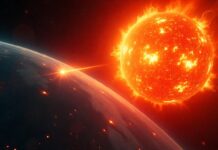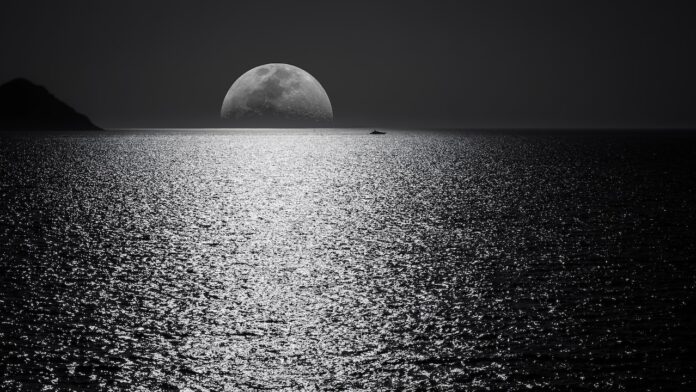
Moon is particularly important for our planet Earth. Actually, it is so important that, with no exaggeration, you could easily say that without moon we wouldn’t have life on Earth as we know it. Nothing would be the same on our planet without Moon.
Yet, by pure Universe coincidence, luck or perhaps some kind of destiny, Moon is here as protector and friend of our beloved planet.
Related:
Moon formation
If you look at history of the Universe, there are several theories about how the Moon was formed. One theory is that the Moon was formed from debris created when a Mars-sized object collided with the Earth. Another theory is that the Moon was formed from material that was present in the early solar system and that merged into a single body. Both of these theories are supported by scientific evidence, but it is not yet known which one is correct.
Nonetheless, the so called giant impact theory – which states that the Moon formed from the a collision between the early Earth and a rocky space body called Theia – has become the most believed theory.
Still the details around how this happened are fuzzy and there are many other explanations that scientists are still very much struggling to explain.
Whichever theory you like, it is believed that the moon was created around 4.51 billion years ago during the formation of the solar system.
And that exact event (formation of Moon because of some kind of collision), enabled perfect environment for life to develop on Earth. Without Moon our atmosphere would be different. Without proper atmosphere we would not have exact amount of needed gases (think about oxygen and CO2). And without exact mix of proper gases, we probably wouldn’t witness development of life as we know it on Earth.
And of course, without Moon, this article (most likely) would not be written. Because, there would not be anyone to write it.
So, in that sense, (as in numerous articles on this site) it would be interesting to hypothesize what could potentially happen if Moon suddenly disappears.
And so, without further ado, let’s explore several scenarios of potential consequences to different forces on Earth, weather, life and overall Earth existence (or nonexistence).
Big forces and effects that Moon has on Earth
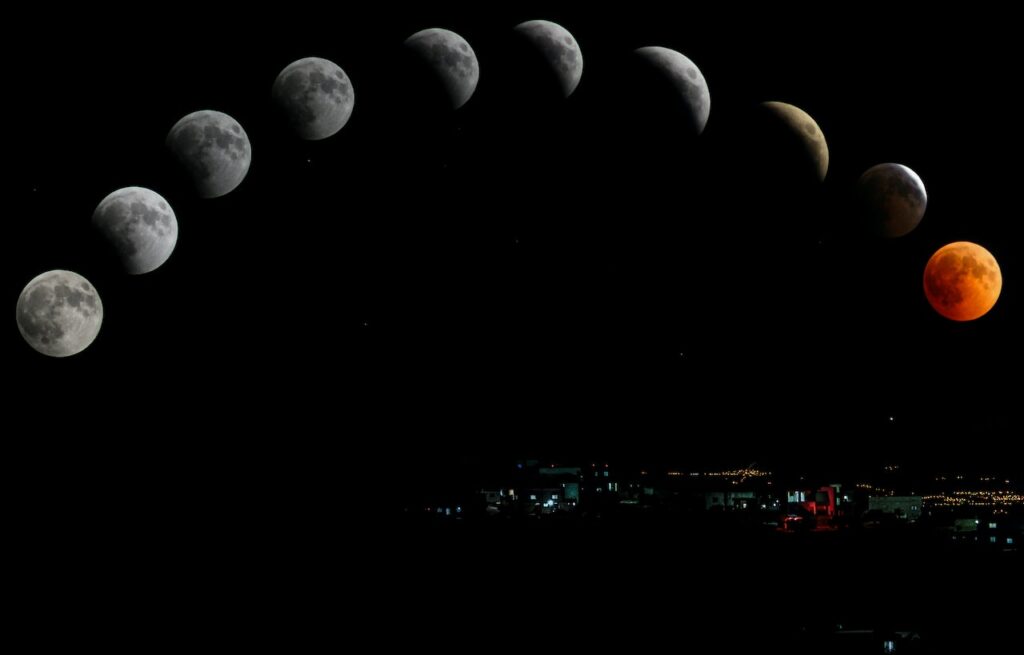
Everybody who is not living under a rock could probably name at least one big effect that Moon has on Earth. And the number one clue that comes to mind when thinking about Moon and Earth are tides that are created on Earth’s oceans and seas.
Moon is the one to be “blamed” for those tides. Then there are several other big impacts of Moon on Earth such as; weather, length of Earth’s days and illumination of Earth’s nights
So, let’s go one by one, explaining Moon’s impact to them and what could potentially happen to those forces and effects without our precious yellow cheesy body in the sky.
Earth’s tides and Moon
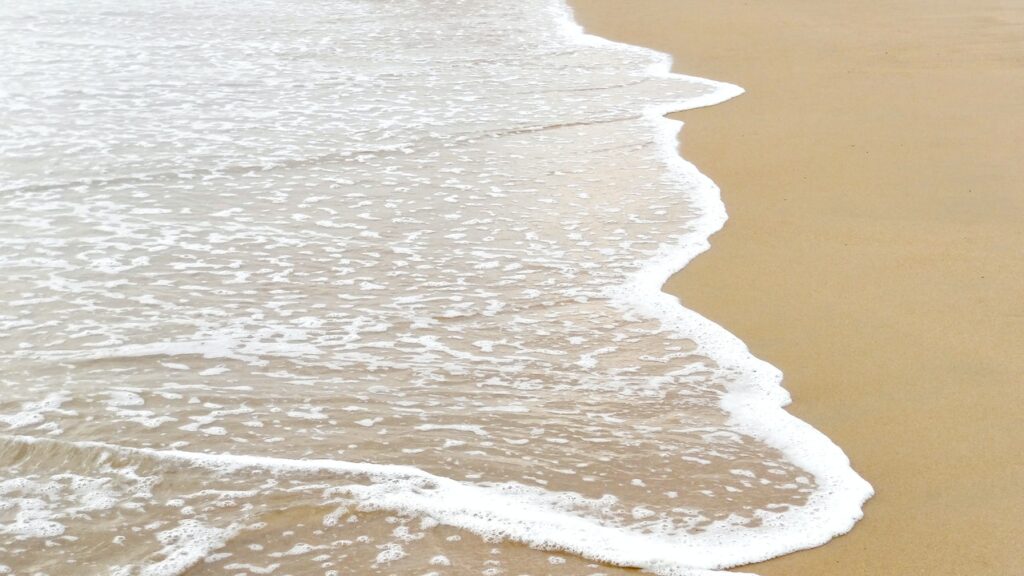
As we explained in on one of our previous articles (What would happen without gravity), every planet and their satellite exert gravitational pull on each other. The same rule applies for Earth and Moon, its only natural satellite.
Because of this gravitational pull that Moon has on Earth we have specific phenomenon called tides. Simplistically explained, tides are the rise and fall of water level in our seas, oceans, lakes and basically all water on Earth. In Oceans and Seas tides are most noticeable because of such vast amount of water.
Note: Moon gravitational force impacts water also in our bodies or in cup of water. But those “tides” in our bodies or in water cups are not noticeable.
Depending on the position of the Moon (and Earth), tides occur on sides closest to the Moon and the side farthest from the Moon.
Interestingly enough, Sun also have impact on tides on Earth, but The Sun’s gravitational force on the Earth is only 46 percent that of the Moon.
So, in our hypothesis it is obvious that tides would be strongly impacted. But the real question is – would we even have tides without Moon?
Yes, we would still have tides.
But they would be much smaller. Or to be more specific one-third the size of what they are now.
One could then think that everything would be fine and dandy without Moon as we’d still have tides. Not so fast.
Many sea animals rely on big tides. Think about crabs, starfish, mussels, and many others. Without tides, some of those animals would not survive. That would then have effect on other animal and plant ecosystems.
No one can predict exactly what would happen with different ecosystems but everyone can agree that balance would be disturbed.
Note: In one of our previous article about Mosquitoes we’ve also tried to hypothesize what would happen with other ecosystems if one animal (Mosquitoes) disappears from Earth. Interestingly enough Moon also impacts Mosquitoes in one way. Namely, Ilia Rochlin, visiting professor at Rutgers University studies the link between the lunar nodal cycle and salt marsh mosquito populations and he noticed following: "Typically, there are fewer mosquitoes at the peak of the cycle," says Rochlin. "At the trough of the nodal cycle, the tides may flood mosquito habitat very infrequently, giving them enough time to emerge thus increasing their populations."
Besides its impact on different sea animals, tides would also cause weather to change so let’s dive deeper into that topic.
Earth’s weather and Moon
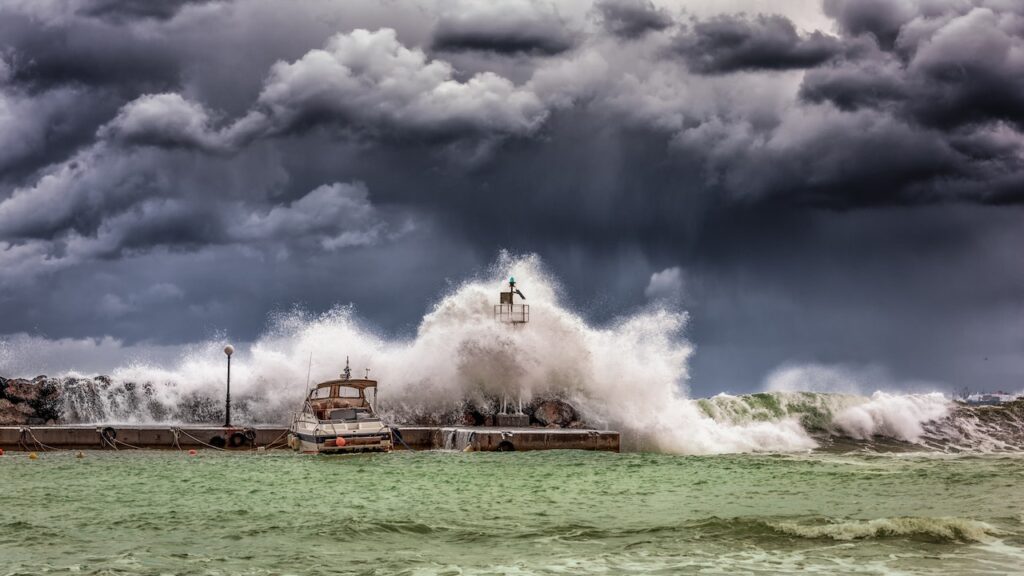
Moon affects weather on Earth in many different ways, but indirectly. As mentioned in previous paragraph, Moon has significant impact on Earth’s tides. Tides then affect the movement and development of ocean currents, which then influence the weather through the extent of warming or cooling water moving through a given area.
We all know how a combination of warmer and colder water in the skies can create different weather conditions. Hurricanes and tornadoes first come to mind.
So with smaller tides (without Moon), we would have many unpredictable and possibly devastating weather conditions across Earth.
Moon also has impact on polar temperature. Namely, poles are warmer during full moon. 0.55 degrees Celsius (0.99 Fahrenheit) warmer, to be more specific.
Also the temperature around the globe is just slightly higher during full moon. Only 0.02 degrees. Nonetheless, even those minor changes in temperature could have big impact on global weather on Earth.
Research study and article named “Rainfall variations induced by the lunar gravitational atmospheric tide and their implications for the relationship between tropical rainfall and humidity”, suggests that Moon also has impact on amount of Rainfalls on Earth, though the impact is very low.
So obviously, tidal forces have many indirect or direct influence for different things on Earth. But tidal forces (mainly created because of the Moon), also have impact on the Moon itself as the Moon slowly moves farther away from us.
That leads us directly to our third topic in this chapter – Moon impact to length of days on Earth.
Day length on Earth and Moon

Because of tidal forces among our planet and the moon, our precious satellite slowly swirls away from Earth at a rate of about 3.82 centimeters per year (1.5 inches) per year, causing our planet to rotate more slowly around its axis.
Consequently, this is also impacting length of the days on Earth. Not significantly, but still.
It turns out that time is going more slowly over the last 1.4 billion years. Researchers say days on Earth have prolonged from about 18 hours to 24 hours over that time span.
That means we’ve gained additional six hours, since then or, on average, 0.00001542857 seconds a year.
Now, that is really interesting. And all because the Moon is slowly getting farther away from our planet.
Moreover, researchers at Durham University and the United Kingdom’s nautical almanac office also stated that the day is lengthening by two milliseconds every 100 years and getting an extra minute in a day will take 6.7 million years.
So that could mean, that people in the far away future will have much longer days. That is, if we do not destroy ourselves.
Note: see our post about life in the future titled „What will life look like in 1000 years“.
Moving on to one of most important impacts of Moon to our planet– Earth’s tilt.
Earth’s tilt and moon
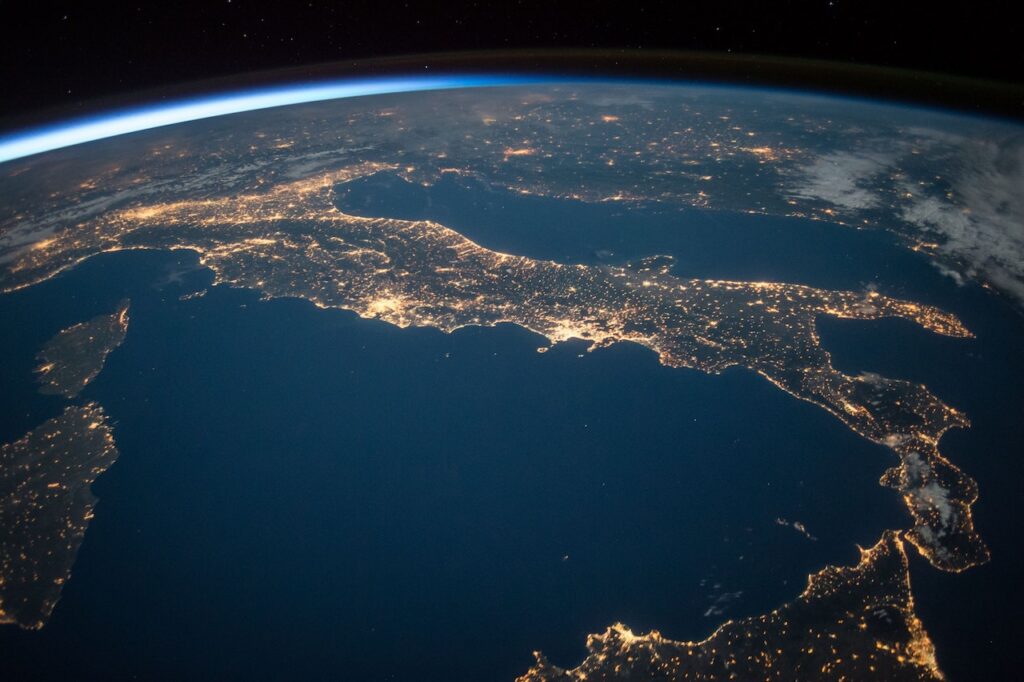
The Moon holds Earth’s 23.5-degree tilt steady. Without the Moon, our planet would move unsteadily (wobble), which would then considerably affect season, climate and almost everything on Earth.
If the moon disappeared, Earth’s axis would wobble between anywhere from 10 to 45 degrees.
Now, we wouldn’t immediately notice all those changes. It would happen gradually.
We could expect that our beloved seasons would be completely messed up. Probably, some places would see the Sun constantly while other places very rarely.
That is one huge impact of the Moon right there.
Other clues and potential consequences
As mentioned at beginning of this article, many ecosystem could potentially suffer if Moon disappeared. Think about different nocturnal animals who rely on Moon to catch their prey. Some of those animals would perhaps starve to death. That would then consequently impact other animals and ecosystems.
That being said, with disappearance of Moon, Earth and all life on Earth would probably suffer greatly.
Would we all be dead? Not really. But many people would die, either because of changed weather, storm seasons or because of whole ecosystems collapsing in one way or another.
Moon is rather important for balance on Earth and we can be only grateful and happy that we have this precious yellow body in the Universe.
Let’s try to keep it that way.





















